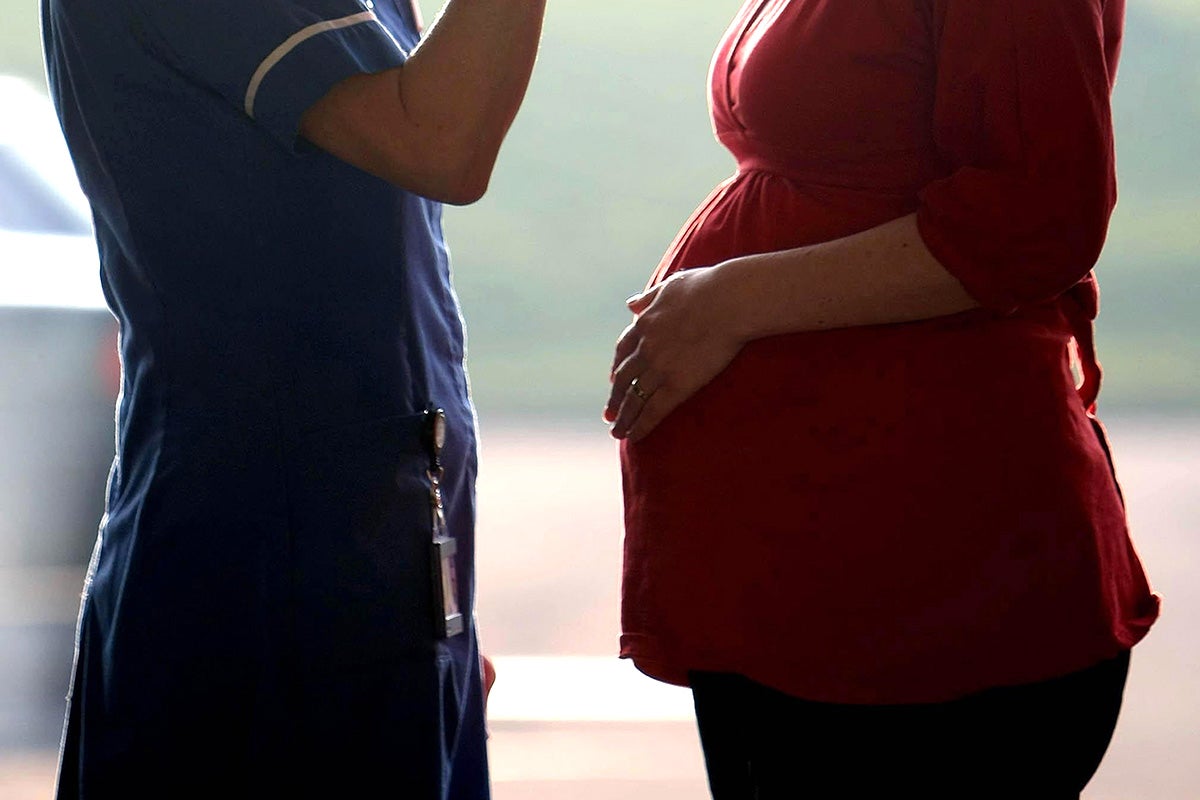Unplanned pregnancies doubled during lockdown, study shows
Difficulty securing a GP appointment and uncertainty around which services were still open contributed to rise, writes Tom Batchelor


The number of unplanned pregnancies doubled during last year’s Covid lockdown as women struggled to access contraception, a study suggests.
Difficulty securing a GP appointment and uncertainty around which services were still open meant women were more likely to report difficulties in accessing healthcare such as the morning-after pill.
Researchers at UCL and University College London Hospital found women were nine times more likely to have difficulties in finding contraception after the first lockdown was implemented in March 2020.
The proportion of women reporting difficulties accessing contraception rose from 0.6 per cent prior to last April to 6.5 per cent post-lockdown.
As a result, experts said there were almost twice as many unplanned pregnancies reported, up from 1.3 per cent pre-lockdown to 2.1 per cent post-lockdown.
Speaking to The Independent, Dr Jennifer Hall, a senior author of the report from the UCL Institute for Women’s Health, said that it was likely that the number of unplanned pregnancies had “at least doubled” when taking into account women who went on to have a termination.
The study, published in BMJ Sexual and Reproductive Health and based on data from 9,784 women who conceived between November 2019 and November 2020, is the first to assess the impact of the pandemic on women’s self-reported access to contraception.
Dr Hall said efforts to address the problem, including video-call doctor appointments and remote prescriptions alleviated some of the issues.
“However, we found that despite the introduction of new policies and practices by contraception and abortion service providers during the first lockdown, women continued to report ongoing difficulties in accessing contraception leading to a significant rise in the proportion of unplanned pregnancies,” she said.
Asked whether difficulties accessing contraception was a short-term issue, Dr Hall said: “Women continued to report difficulty accessing contraception right up until October 2020, so certainly it wasn’t limited to just the period of the first lockdown. Given that we had further strict lockdowns in November 2020 and early 2021, and given the ongoing pressures in the NHS it is likely that women have continued to experience difficulties.”
Dr Neerujah Balachandren, a co-author of the study, from UCLH’s Reproductive Medicine Unit, said a “lack of clarity about the legitimacy of trying to access sexual and reproductive health services [SRH] during a pandemic, uncertainty about which SRH services are still available, limited GP appointments, challenges to contraceptive prescribing and closure of usual points of access to free condoms within community settings” all contributed to the spike in unplanned pregnancies.
The overall annual cost of unplanned pregnancies in England, including those ending in births or abortions, was estimated as £193m in 2010, and the authors highlighted that a rise in unplanned pregnancies would be likely to increase pressures on already stretched abortion and maternity services.
Data released earlier this month showed that there were 210,860 abortions reported in England and Wales in 2020, the highest since records began.
A UN report published in March found around 1.4 million unintended pregnancies occurred during the pandemic after almost 12 million women lost access to contraception.






Join our commenting forum
Join thought-provoking conversations, follow other Independent readers and see their replies
Comments